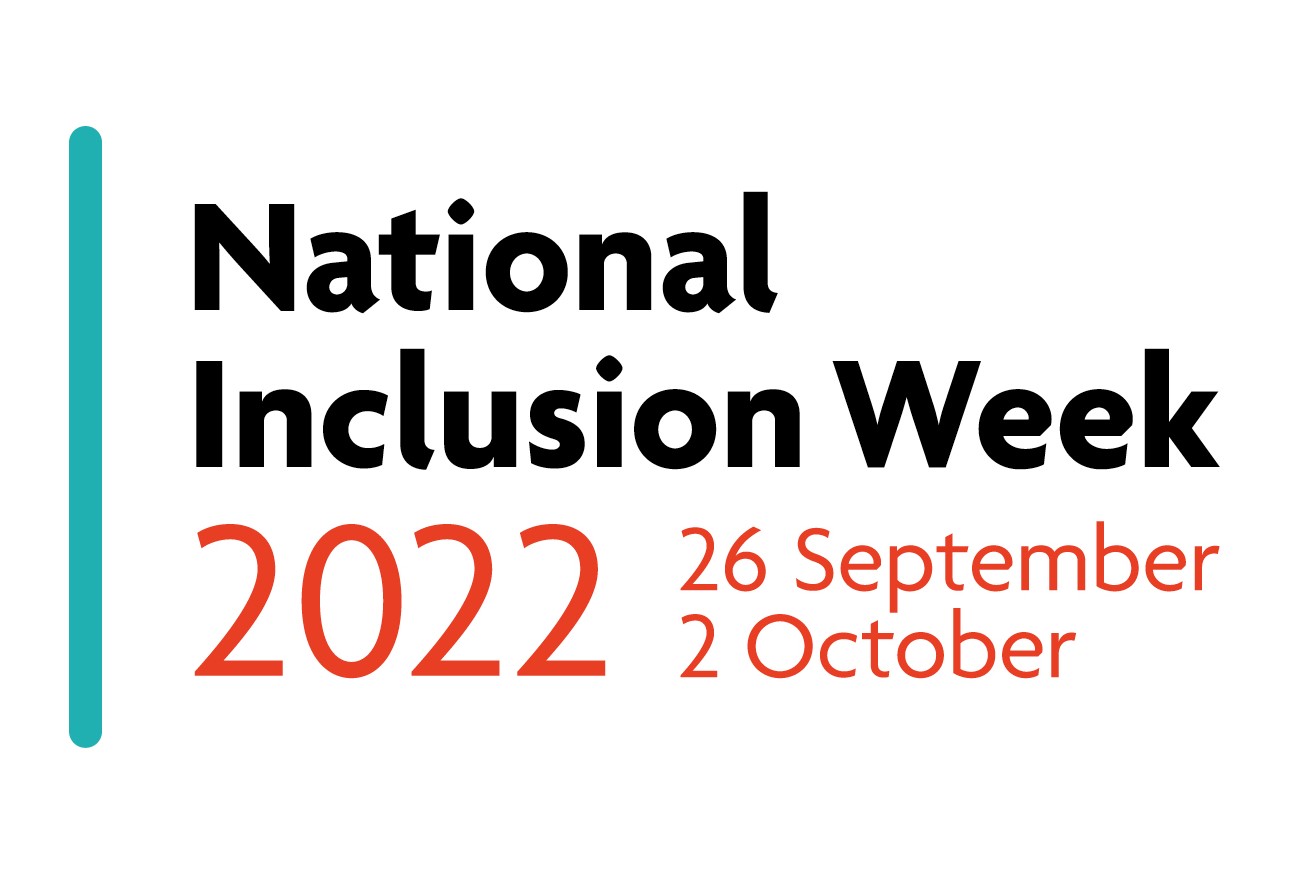We’re celebrating National Inclusion Week with a call to action: Put inclusion at the heart of everything you do using an Equality Impact Analysis.
Embedding inclusion in our work, from the start
When we create or make changes to policies, processes, events, and even meeting schedules and timetables, it may seem that everyone will be impacted equally. However, if we consider the changes more closely, we may find that they impact certain groups of people differently.
An Equality Impact Analysis focuses on the impact of the piece of work on each of the protected characteristics and whether it is putting someone with one or many of the protected characteristics at an unfair disadvantage. It is crucial to complete an EIA at the very beginning of your work – this will mean you avoid making changes later down the line and potentially causing yourself extra work. You should never complete an EIA on your own – the point of an EIA is to widen your perspective, and the easiest way to do this is to include colleagues in this work.
By carrying out an EIA, the owner of the piece of work will benefit from:
- identifying areas of impact that may not have been otherwise considered
- thinking of possible ways to mitigate any negative impacts
- a way to show how equality considerations have been considered and addressed
An EIA that has been completed to an acceptable standard will include the following:
- A consultation with key groups of people – we call these groups our ‘critical friends’ (staff network members, student network members, EDI Leads and Reps, ‘expert staff’ e.g. researchers in the specific topic of policy you are creating or updating)
- A list of mitigations put in place to lessen any unavoidable impact on protected characteristic groups
- A list of changes made based on feedback from your ‘critical friends’
Practicing inclusion every day makes the EIA easier every time
EIAs can feel overwhelming when you first complete one – that’s ok. Remember, you should never be completing an EIA on your own, so this should instantly lessen the burden. Be open to suggestions from colleagues and ‘critical friends’, and use this as an opportunity to learn about the wider community of students and staff here at Kent.
We’ve built a toolkit and a template you can use to begin your journey with Equality Impact Analyses. You can find these, a training module and some example EIAs listed on our webpages here. If you think you’d benefit from some more training, just let us know! Email us at equalityanddiversity@kent.ac.uk and we can arrange a training session for you and your team.
